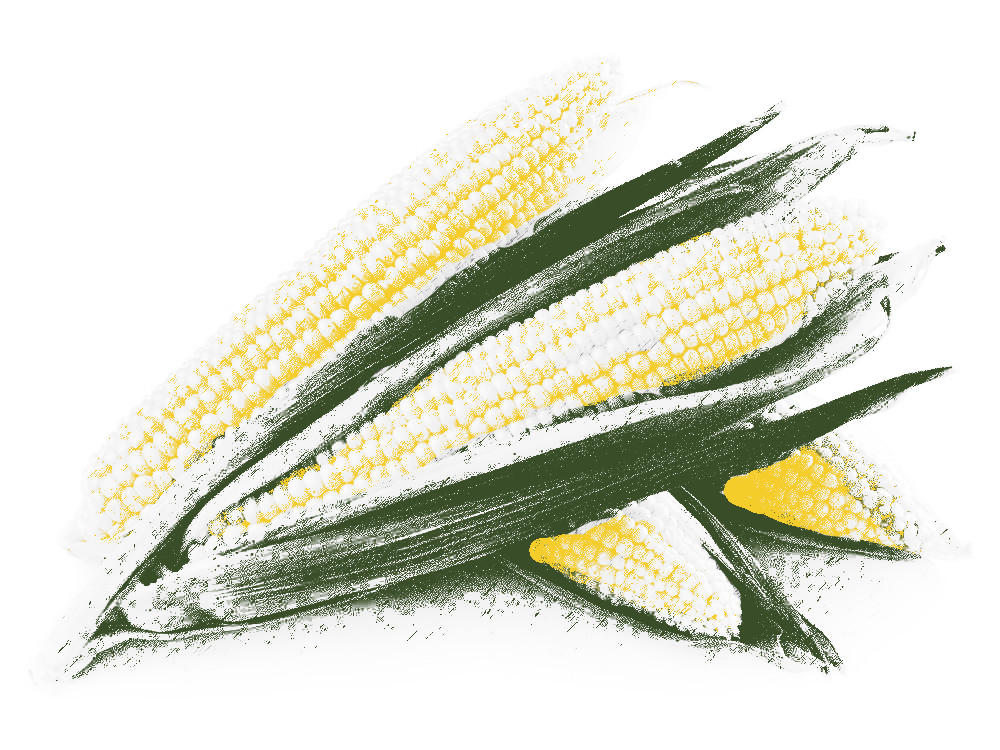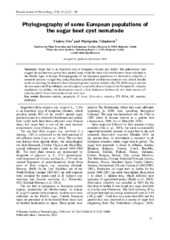Приказ основних података о документу
Phylogeography of some european populations of the sugar beet cyst nematode
| dc.creator | Oro, Violeta | |
| dc.creator | Tabaković, Marijenka | |
| dc.date.accessioned | 2021-05-18T12:35:38Z | |
| dc.date.available | 2021-05-18T12:35:38Z | |
| dc.date.issued | 2020 | |
| dc.identifier.issn | 0869-6918 | |
| dc.identifier.uri | http://rik.mrizp.rs/handle/123456789/823 | |
| dc.description.abstract | Sugar beet is an important crop of temperate climates and Serbia. The paleobotanic data suggest the sea beet was grown from ancient times, while the beets with swollen roots were cultivated in the Middle Ages in Europe. Phylogeography of the European populations of Heterodera schachtii, a nematode parasite on sugar beet, using Maximum Likelihood and Bayesian analyses was studied. Results based on matching the historical data with phylogenetic analyses based on the ITS rRNA region indicate the area across the Dutch-Belgian coastal region as a possible place of origin of the European H. schachtiipopulations. In addition, the dendrograms reveal a clear distinction between the two sister species (H. schachtii and H. betae) that coexist on the same host. | sr |
| dc.language.iso | en | sr |
| dc.publisher | Russian Society of Nematologists | sr |
| dc.relation | info:eu-repo/grantAgreement/MESTD/inst-2020/200010/RS// | sr |
| dc.rights | openAccess | sr |
| dc.rights.uri | https://creativecommons.org/licenses/by/4.0/ | |
| dc.source | Russian Journal of Nematology | sr |
| dc.subject | Bayesian analysis | sr |
| dc.subject | geography | sr |
| dc.subject | H. betae | sr |
| dc.subject | Heterodera schachtii | sr |
| dc.subject | ITS rRNA | sr |
| dc.subject | ML analysis | sr |
| dc.subject | phylogeny | sr |
| dc.title | Phylogeography of some european populations of the sugar beet cyst nematode | sr |
| dc.type | article | sr |
| dc.rights.license | BY | sr |
| dc.citation.volume | 28 | |
| dc.citation.issue | 2 | |
| dc.citation.spage | 91 | |
| dc.citation.epage | 98 | |
| dc.identifier.doi | 10.24411/0869-6918-2020-10009 | |
| dc.identifier.fulltext | http://rik.mrizp.rs/bitstream/id/4290/2020_02_Oro_RJN_28_2_2020.pdf | |
| dc.type.version | publishedVersion | sr |


